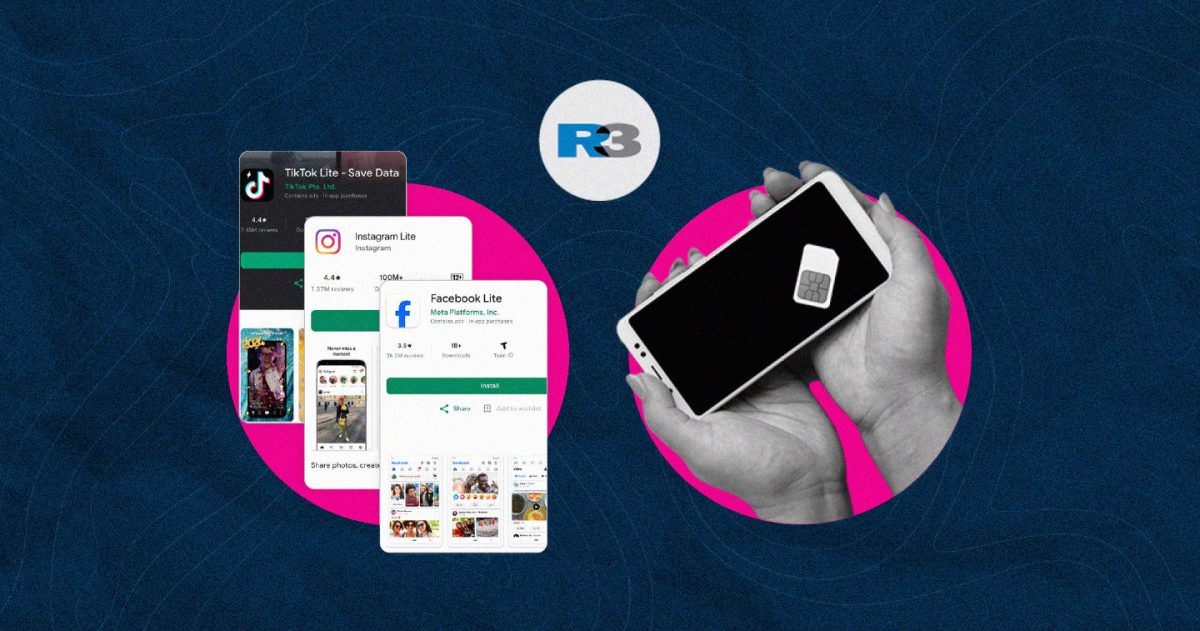The increased adoption of Gen AI in the marketing supply chain is revolutionizing how agencies and brands interact, create and collaborate. With this shift comes a crucial need for thorough contract reviews—not merely as a legal formality, but as a vital aspect of risk management. Having that conversation around responsibility and liability upfront will provide stakeholders with a structured and effective way to navigate the complexities introduced by Gen AI.
Agency Contract Revision Is Risk Management
Contract reviews are critical when integrating new advertising technology and customer data-driven models into your marketing supply chain. In addition to overall visibility on how Gen AI is being used to produce and optimize campaigns; marketers need to articulate their stance and requirements within contracts to manage related risks and encourage best practice use of Gen AI across the industry.
It is essential to include clauses covering IP and usage rights, regulatory compliance specific to each market and industry, data privacy and security in the training and operation of AI models, and liability issues related to the outcomes produced by the AI applications.
Contracts should also specify clear service levels and performance expectations from the implemented AI system. This includes metrics such as the accuracy and reliability of AI-generated outputs, minimum uptime requirements, and the scope of ongoing maintenance and technical support. By thoroughly defining these parameters, contracts provide a foundation for accountability, enabling both parties to monitor and evaluate the AI’s performance against agreed-upon standards.
As the emphasis on responsible AI use intensifies, contracts might consider incorporating ethical clauses that promote fairness, transparency, and accountability. This means ensuring that AI-generated outputs do not perpetuate discrimination, bias, or unfair treatment of any group, and that the deployment of AI in campaigns is communicated clearly and honestly.
Such clarity not only protects the interests of both the client and the agency but also fosters a collaborative approach to managing the technology, making it easier to address any issues that may arise and ensuring that the AI system is optimized to deliver consistent value. Ultimately, contracts that set clear quality standards and efficiency targets serve as a roadmap for success, aligning both brand and agency toward a common goal.
Some Examples of Contract Areas to be Addressed
- Terms of use of Generative AI directly on outputs
- Governance over inputs into Generative AI platforms, including ownership and audit rights to prompts
- Process of review of Generative AI outputs
- Governance over the maintenance of AI models that have been developed by the agency and used within the scope of work
- How time/fees are calculated for roles where Generative AI has a significant role in overall scope of work
Charting a Path Forward with AI
In conclusion, the integration of Gen AI into the marketing supply chain is transforming brand-agency relationships, making it imperative for both parties to revisit and revise their contracts. Establishing clear parameters for compliance, governance, ownership and liability is required to mitigate risks and foster collaboration and trust.
Ultimately, well-structured contracts serve as a foundation for mutual success, aligning the goals of both brands and agencies as they navigate the evolving landscape of AI-driven marketing.





